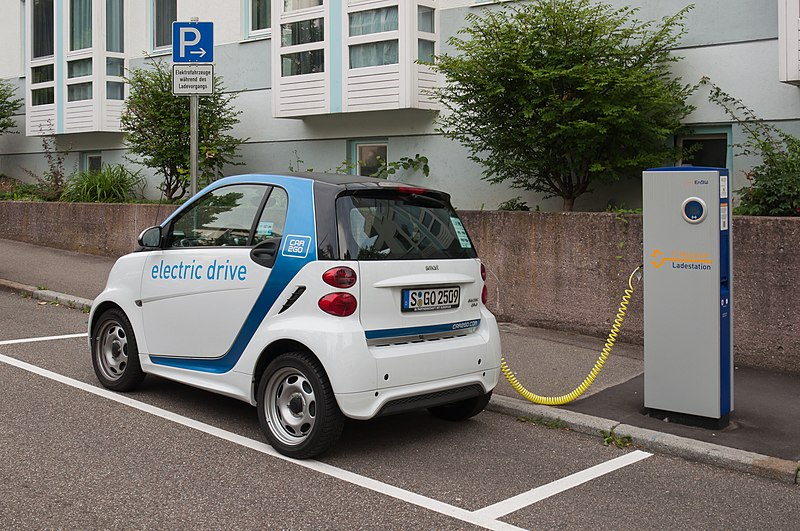
The UK's decision to delay the ban on new fossil fuel car sales until 2035 may not significantly impact the transition to electric vehicles (EVs), despite concerns from
automakers regarding supply chains and investment uncertainty.
UK Prime Minister Rishi Sunak, who is expected to face a tough election in 2024, defended the five-year delay, emphasizing it was not politically motivated but aimed at aiding those affected by the cost-of-living crisis who cannot afford EVs.
However, industry analysts argue that the move has introduced uncertainty into the investment landscape at a time when UK companies are striving to attract investors to a market that has been somewhat isolated from the European Union following Brexit.
The initial 2030 ban, announced in 2020, was promoted by former Prime Minister Boris Johnson as a means to establish British global leadership in EVs. The UK's goal was ahead of the EU's 2035 ban, and it aimed to sell 80% fully electric cars by 2030, with low-emission hybrids permitted until 2035.
Under the revised plan expected to be announced this week, the 80% target for 2030 is likely to remain, with the remaining 20% comprising a mix of fossil fuel models and hybrids until 2035.
Some automakers have expressed concerns, but Jaguar Land Rover welcomed the new zero emission vehicle (ZEV) mandate, which is expected to provide greater certainty.
In 2022, the UK accounted for only 2% of global car sales, totaling about 1.6 million new cars, indicating limited influence on global figures. Major car manufacturers have already made substantial investments in EVs, compelled by both cost considerations and EV market growth.
According to Andy Leyland, Managing Director of Supply Chain Insights, for traditional automakers to compete with Tesla and Chinese EV producers on costs, they must shift entirely to electric.
Last week, Volvo Cars announced plans to cease producing diesel models in early 2024, aiming for full electrification by 2030, a direction also taken by Stellantis and Ford in Europe.
Although the delay could affect the availability of fossil fuel models, the wider EV trend is expected to continue.
InstaVolt, a UK rapid public EV charger company, maintains its plans to deploy 10,000 chargers by 2030 as EV prices fall and consumer demand rises.
However, former Aston Martin CEO Andy Palmer perceives the delay as evidence of the UK government's lack of a long-term strategy, and his EV battery startup, Inobat, has shifted its focus to Spain due to Spain's clear industrial strategy and investor focus.
Moreover, the UK faces a "rules of origin" issue in its Brexit trade deal, which could lead to 10% tariffs on EVs traded between the UK and the EU in 2024, a situation the EU appears unwilling to amend.
Denis Schemoul, Director of European Vehicle Forecasting at S&P Global Mobility, notes that while the UK's fossil fuel ban delay impacts stability, the rules of origin issue carries more immediate implications. Photo by Julian Herzog, Wikimedia commons.



































